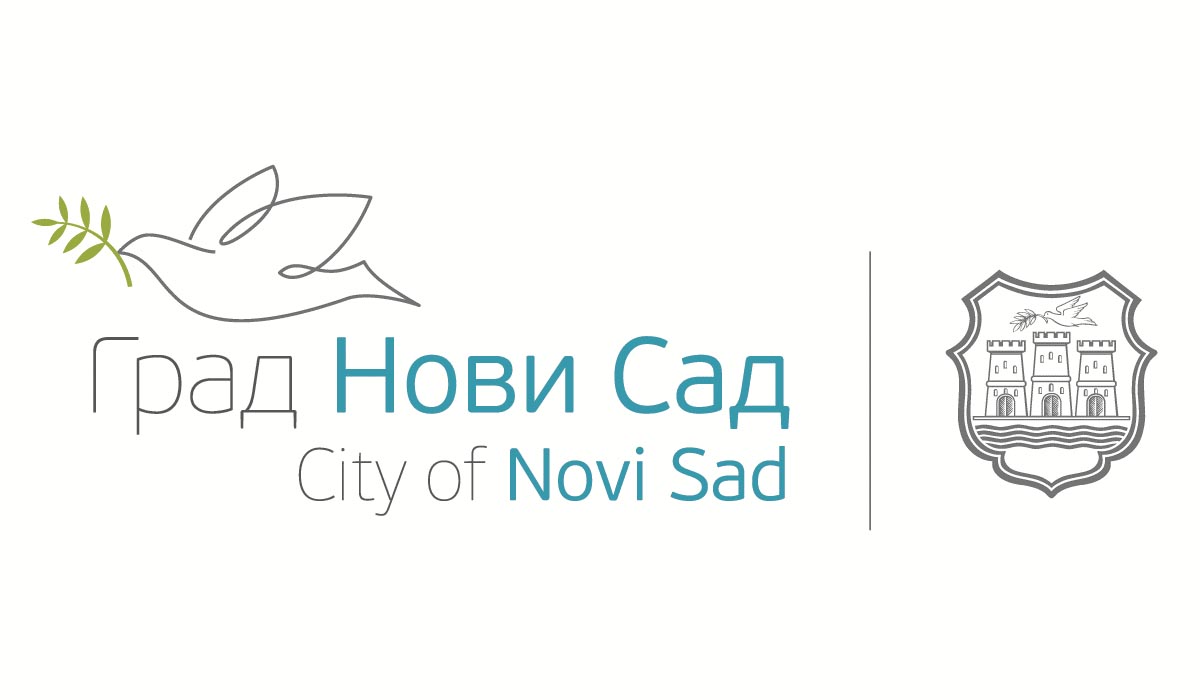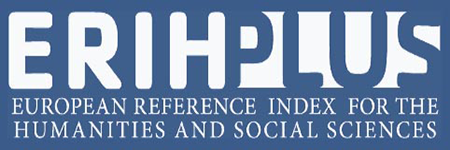HOPELESS UNION: SERBIAN-CROATIAN RELATIONS AND VOJVODINA ISSUES 1848-1868 (2)
DOI:
https://doi.org/10.19090/i.2013.24.285-310Keywords:
Croats, Serbs, Hungarians, Croatian Parliament, Eugen Kvaternik, Josip Juraj Štrosmajer, Mihailo Polit Desančić, Maksimilijan Prica, Nikola Krestić, Ivan Mažuranić, Croatian political partiesAbstract
During a time of absolutism in the Habsburg Monarchy (1849-1860), the basis for Serbian and Croatian relations was defined by the Croatian political elite, who took for granted that the Serbs would continue to provide unquestioning support for the ideological and political constructions of Croatian statehood rights. From the Vienna Literary Agreement to the dissolving of the Croatian Parliament in 1861, leading Serbian liberals attempted in various ways — whether by parliamentary means or through public campaigns and journalistic endeavours — to win the Croatian side over to a political alliance between the two peoples. However, expectations remained unfulfilled due to fundamental differences between two ideas of the state in political, national-ethnic and territorial terms. Such differences were insurmountable, despite the attempts of the Prečani Serbs to overlook, hold back or relativise the discrepancies in the interest of reaching an alliance for which there were no key historical or social prerequisites.Downloads
Download data is not yet available.
Downloads
Published
20. 05. 2016.
How to Cite
Микавица, Д. (2016). HOPELESS UNION: SERBIAN-CROATIAN RELATIONS AND VOJVODINA ISSUES 1848-1868 (2). ISTRAŽIVANJA, Јournal of Historical Researches, (24), 285–310. https://doi.org/10.19090/i.2013.24.285-310
Issue
Section
Articles













